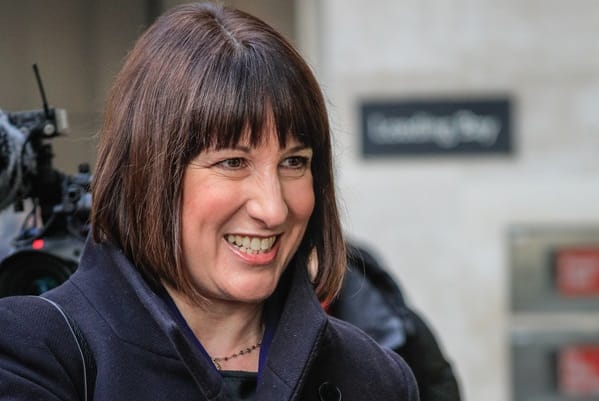Shopping
Surprisingly low retail sales in key Christmas shopping month – ONS

The UK’s retail sales recovery was smaller than expected in the key Christmas shopping month of November, official figures show.
Retail sales rose just 0.2% last month despite discounting events in the run-up to Black Friday. It followed a 0.7% fall seen in October, according to data from the Office for National Statistics (ONS).
Sales growth of 0.5% had been forecast by economists.
Money blog: Nine million homes could overpay energy bills if they miss deadline
Behind the fall was a steep drop in clothing sales, which fell 2.6% to the lowest level since the COVID lockdown month of January 2022.
Sales have still not recovered to levels before the pandemic. Compared with February 2020, volumes are down 1.6%.
It was economic rather than weather factors behind this as retailers told the ONS they faced tough trading conditions.
For the first time in three months, however, there was a boost in food store sales, and supermarkets in particular. It was also a good month for household goods retailers, most notably furniture shops, the ONS said.
Clothes became more expensive in November, data from earlier this week demonstrated, and it was these price rises that contributed to overall inflation rising again – topping 2.6%.
Retail sales figures are of significance as the data measures household consumption, the largest expenditure across the UK economy.
The data can also help track how consumers feel about their finances and the economy more broadly.
Industry body the British Retail Consortium (BRC) said higher energy bills and low consumer sentiment impacted spending.
The BRC’s director of insight Kris Hamer said it was a “shaky” start to the festive season.
Shoppers were holding off on purchases until full Black Friday offers kicked in, he added.
The period in question covers discounting coming up to Black Friday but not the actual Friday itself as the ONS examined the four weeks from 27 October to 23 November.









